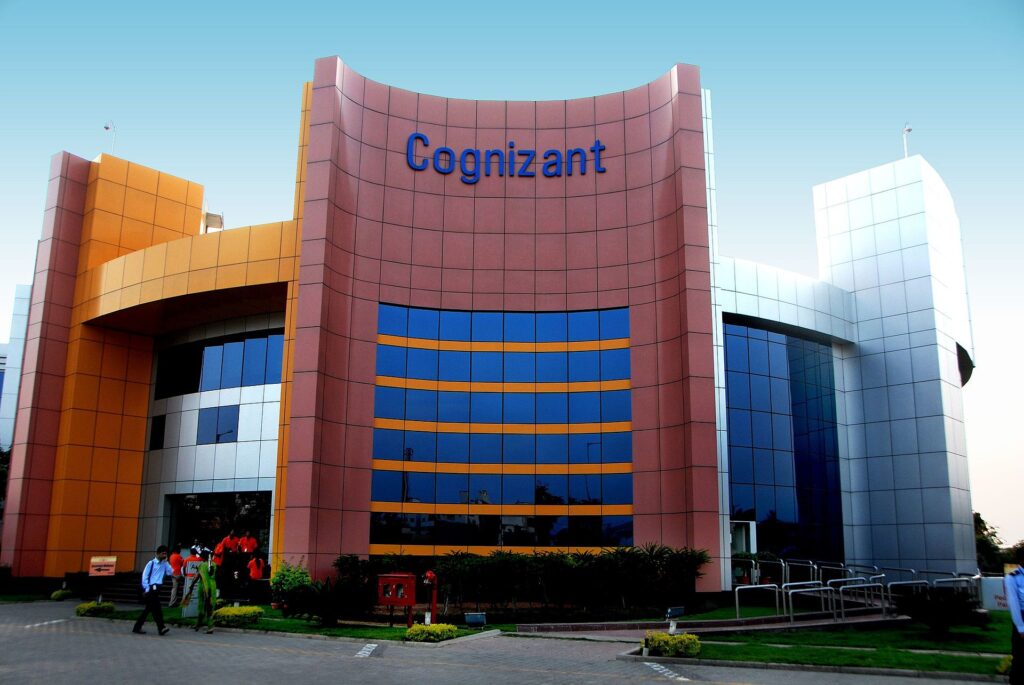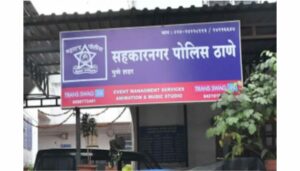Pune Court Orders Anti-Corruption Bureau Probe into Alleged Bribery by Cognizant

Pune, 28th April 2024: A Pune sessions court has issued a directive to the Anti-Corruption Bureau (ACB) to investigate allegations surrounding Cognizant Technology Solutions India Private Limited. The complaint suggests that the company purportedly paid a $7,70,000 bribe, facilitated through its contractor, to an unidentified government official in 2013 and 2014. The payment was allegedly made to secure environmental clearance for its Hinjewadi campus.
The case has its origins in a well-publicized investigation by the Securities and Exchange Commission (SEC) in the United States against Cognizant India’s parent company, Cognizant Technology Solutions Corporation. The SEC probe, conducted in New Jersey, USA, focuses on potential violations of the Foreign Corrupt Practices Act (FCPA). It centers on allegations of bribery involving Indian government officials to obtain permits and environmental clearances for Cognizant campuses in Chennai and Pune (specifically, Hinjewadi). According to an SEC order dated February 15, 2019, the parent company agreed to pay $25 million to settle the charges.
On April 19, Pune’s additional sessions judge S.B. Hedaoo remarked, “The reference to the Pune transaction is documented in the SEC order, providing sufficient grounds to forward the complaint to the Anti-Corruption Bureau (ACB), Pune.” The judge highlighted the presence of relevant material, including a lease deed between Cognizant India Ltd and the Maharashtra Industrial Development Corporation (MIDC) for the Hinjewadi campus, which disclosed the involvement of an individual (referred to as accused No. 2) representing the Indian company. Additionally, a board resolution authorizing this individual to oversee the project was cited.
Judge Hedaoo emphasized the need for immediate investigation, stating, “Given that the identities of government officials remain unknown, it is imperative to register the offense against them promptly to prevent potential tampering with evidence, especially within Cognizant India’s computer systems and offices where pertinent evidence may reside.”
Despite potential hurdles related to Section 19 of the Prevention of Corruption Act, which requires prosecution sanction, the court deemed it appropriate to forward the complaint for investigation under Section 156(3) of the Code of Criminal Procedure (CrPC). The ACB, Pune, has been tasked with conducting a thorough investigation into the allegations and submitting a report.
In response to queries, a spokesperson for Cognizant stated, “We refrain from commenting on ongoing legal matters. Cognizant remains committed to upholding the law across all jurisdictions where it operates.”
However, a senior ACB official, speaking on condition of anonymity, revealed that the state director general of police (ACB) intends to challenge the Pune court’s order before the Bombay High Court. The challenge is based on the absence of prior prosecution sanction, the lack of aggrieved party status for the complainant, and the unidentified nature of the public servant involved.
Meanwhile, in a separate development, the Directorate of Vigilance and Anti-Corruption of the Tamil Nadu government disclosed on January 2 that it initiated a criminal case on March 20, 2023, based on source information against officials of the IT company and the contractor responsible for constructing the Chennai campus. Further investigations are ongoing.
Although the Madras High Court disposed of the petition related to this matter, Prit Pal Singh, a former police officer turned activist from New Delhi, submitted a complaint to the ACB, Pune, on March 15. Singh sought an investigation into the IT company, its contractor, and a former vice-president linked to the Hinjewadi campus. Subsequently, Singh sought court intervention through his legal representatives, Harshad Nimbalkar and Pratik Rajopadhye, under Section 156(3) of the Code of Criminal Procedure, citing the ACB’s alleged inaction on his complaint.





